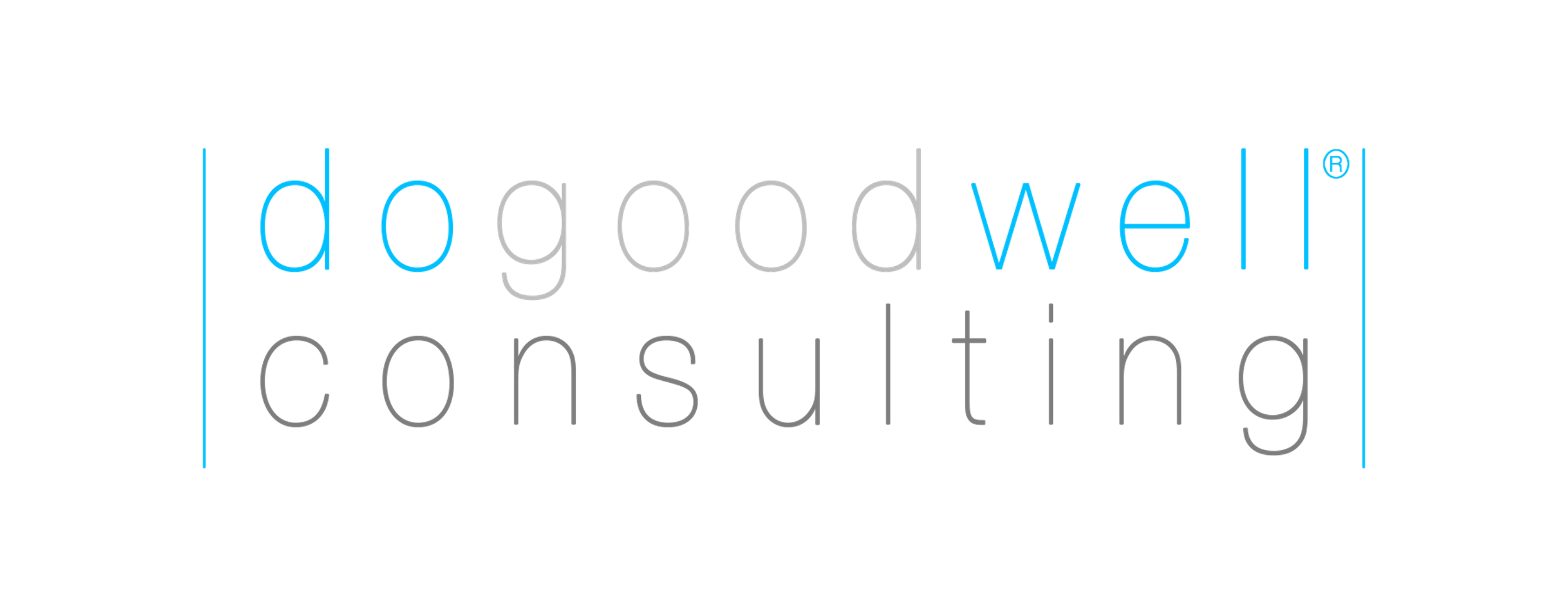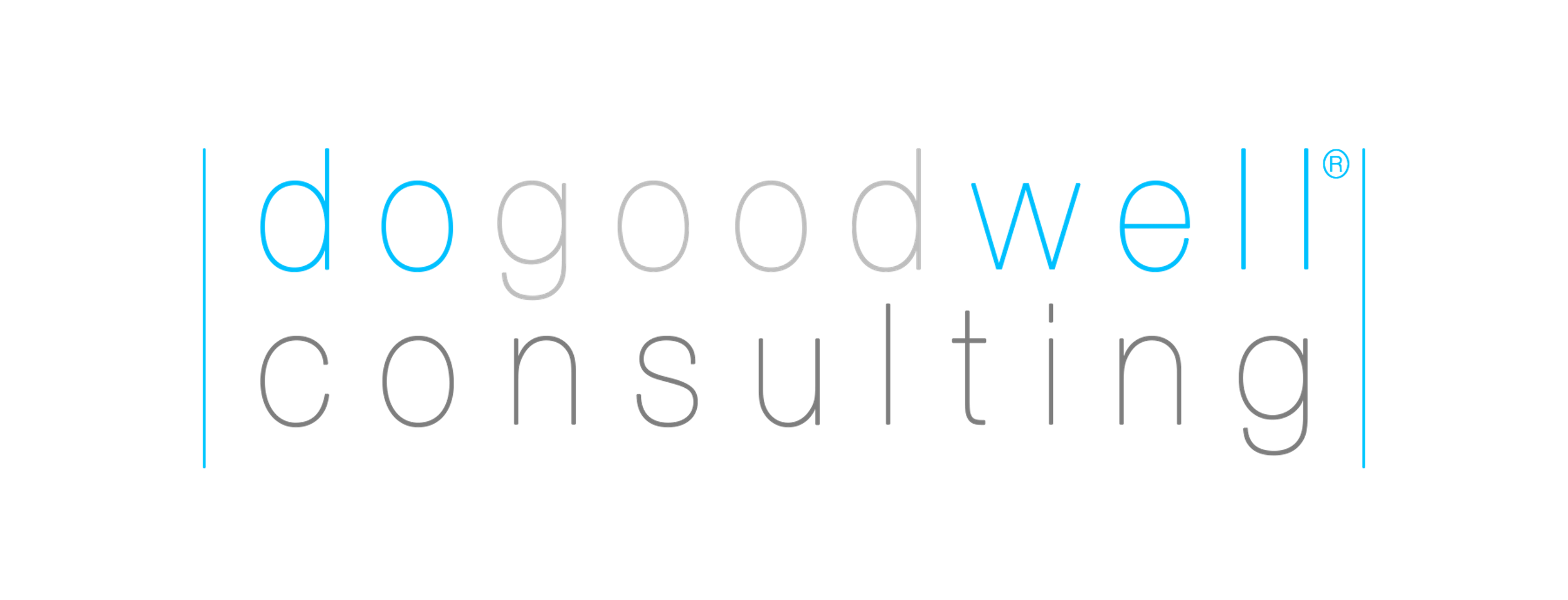

do good well consulting

Florida, United States
February 2018
Management consultant - for-profits
Service with Minor Environmental Footprint
United States
Do Good Well Consulting, was founded in 2002 (and became a certified B Corp in 2018), to help individuals and ventures to leverage their time, talent, and resources to create meaningful, strategic impact. Since 2012, Do Good Well has focused on empowering businesses, organizations, and individuals to create strategic value (strategic venture plans & impact business models, strategic giving plans & high impact philanthropy, leadership consulting & coaching). We particularly enjoy working with high-impact entrepreneurs launching innovative ventures that bridge for-profit and nonprofit models (aka “designed to give” hybrid sibling ventures); we also love helping folks find and create high impact ventures, careers, and leadership opportunities. After helping one of the first five businesses in Florida to become a certified B Corp in 2012, Dr. Kristin Joys, our founder, participated in Ryan Honeyman's first cohort of B Corp Consultant Training in summer 2015, becoming one of the first B Corp Consultants. Kristin had the honor of studying with Dr. Brené Brown in 2019 to become a Certified Dare to Lead(TM) Facilitator. In July 2022 she earned a certificate in Sustainable Business Strategy from Harvard Business School, and in Summer 2023 she became a B Lab Trained B Consultant.
Overall B Impact Score
Governance 15.8
Governance evaluates a company's overall mission, engagement around its social/environmental impact, ethics, and transparency. This section also evaluates the ability of a company to protect their mission and formally consider stakeholders in decision making through their corporate structure (e.g. benefit corporation) or corporate governing documents.
What is this? A company with an Impact Business Model is intentionally designed to create a specific positive outcome for one of its stakeholders - such as workers, community, environment, or customers.
Community 94.3
Community evaluates a company’s engagement with and impact on the communities in which it operates, hires from, and sources from. Topics include diversity, equity & inclusion, economic impact, civic engagement, charitable giving, and supply chain management. In addition, this section recognizes business models that are designed to address specific community-oriented problems, such as poverty alleviation through fair trade sourcing or distribution via microenterprises, producer cooperative models, locally focused economic development, and formal charitable giving commitments.
What is this? A company with an Impact Business Model is intentionally designed to create a specific positive outcome for one of its stakeholders - such as workers, community, environment, or customers.
Environment 17.9
Environment evaluates a company’s overall environmental management practices as well as its impact on the air, climate, water, land, and biodiversity. This includes the direct impact of a company’s operations and, when applicable its supply chain and distribution channels. This section also recognizes companies with environmentally innovative production processes and those that sell products or services that have a positive environmental impact. Some examples might include products and services that create renewable energy, reduce consumption or waste, conserve land or wildlife, provide less toxic alternatives to the market, or educate people about environmental problems.
Customers 23.0
Customers evaluates a company’s stewardship of its customers through the quality of its products and services, ethical marketing, data privacy and security, and feedback channels. In addition, this section recognizes products or services that are designed to address a particular social problem for or through its customers, such as health or educational products, arts & media products, serving underserved customers/clients, and services that improve the social impact of other businesses or organizations.
What is this? A company with an Impact Business Model is intentionally designed to create a specific positive outcome for one of its stakeholders - such as workers, community, environment, or customers.